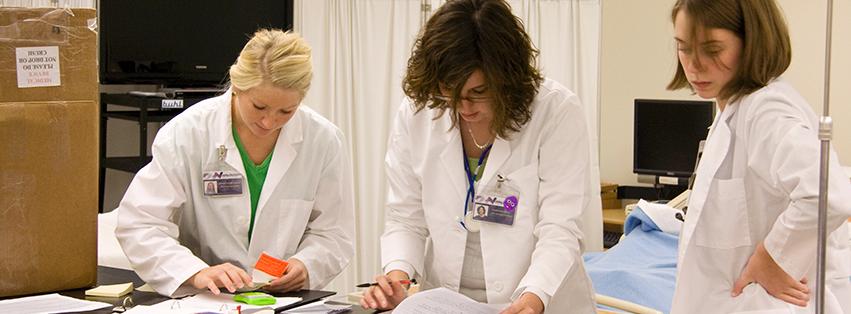
Location and Out-of-State Learning Placements
As a participant in the SARA agreement, JMU can, under most circumstances place students in any of the 50 U.S. states (except Colorado) and most of its territories without seeking permission from the state or territory in which the placement will occur. This is possible because except for California, all U.S. states, the District of Columbia, the Virgin Islands, and Puerto Rico are SARA members (View a directory of SARA state members). And while California is not a SARA member, it does not oversee these types of higher education activities.
Restrictions
Please note that due to the 2023 Colorado Workers Compensation Act, students cannot be placed in unpaid field experiences in Colorado.
Other restrictions are described below under, "When does a supervised field experience require us to seek permission from the state?"
What is an Out-of-State Learning Placement?
Under SARA policy, a Supervised Field Experience or "Learning Placement" is a student learning experience comprised primarily of the practical application of previously studied theories and skills, under the oversight of a supervisor, mentor, faculty member or other qualified professional, located in the host state, who has a direct or indirect reporting responsibility to the institution where the student is enrolled whether or not credit is granted. The supervised field experience is part of a program of study offered by the enrolling SARA institution. Examples include practica, student teaching, or internships. SARA recognizes any such activity as a supervised field experience whether the field experience is part of a distance-education or campus-based program.
When does a supervised field experience require us to seek permission from the state?
Certain supervised field experiences surpass the boundaries of the SARA agreement and thus require JMU to take some additional steps prior to the placement.
JMU must take extra steps under the following conditions:
- Licensure Program Requirement: If the field experience is associated with an effort to attain professional licensure, it is considered “physical presence.” This requires that the institution follow rules and expectations of any associated professional licensing board. For example, if a nursing student is participating in a clinical practicum, the institution must determine if its nursing program meets the licensure requirements in the state in which the student is physically located and then inform the student accordingly.
- More than 10 Students in Same Location: A supervised field experience is considered physical presence if more than ten students from an individual academic program are placed simultaneously at one clinical or practicum site, unless approval for a larger number is provided by the host state SARA portal entity.
-
Faculty Onsite: An institution must seek permission from a state or territory if students participate in a field study or field research located at a field station, research station or other physical site at which a faculty member or other institutional employee or contractor supervises or otherwise directs two or more students in an activity exceeding the maximum time length of a short course (20 hours in one six-month period).
Are there reporting requirements around supervised field experiences?
JMU must report all Out-of-State Learning Placements by location (state or territory) to NC-SARA on an annual basis. Go to the Field Placement Resource Links to access the online form and other resources.
Starting in 2018, SARA institutions have been reporting the number of students in field experiences located outside of their home state. The data is reported by state or territory. For example, if a JMU academic program has placed 5 students in California and 3 students in West Virginia, those data will be reported as “5 in California” and “3 in West Virginia.”
Starting in 2019, SARA institutions have also reported the CIP codes (Classification of Instructional Programs codes) for each field experience. The CIP code reflects the student’s instructional program, not the program by which the field experience is supervised. For example, if the Biology Department has placed 4 students in a field experience in California, they must report the CIP code for each student. If 3 of those students are majoring in Biology, the reported CIP code would be 26.0101 for each of those experiences. If the remaining student is majoring in Chemistry, the reported CIP code would be 40.0501 for that experience.
JMU’s State Authorization Compliance Officer contacts College Associate or Assistant Deans each spring semester for information about how to report these data as they are not centrally available in the necessary format.
